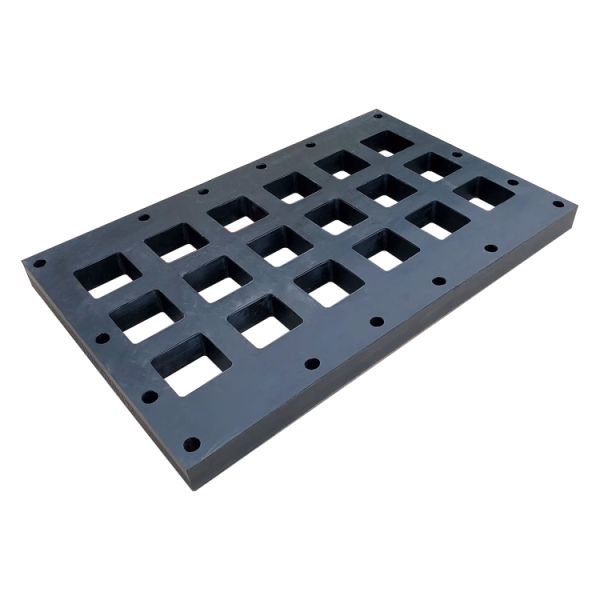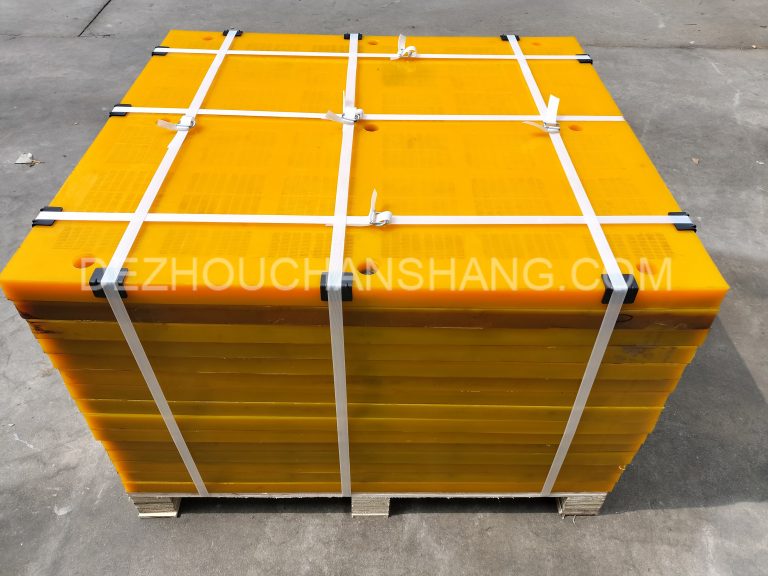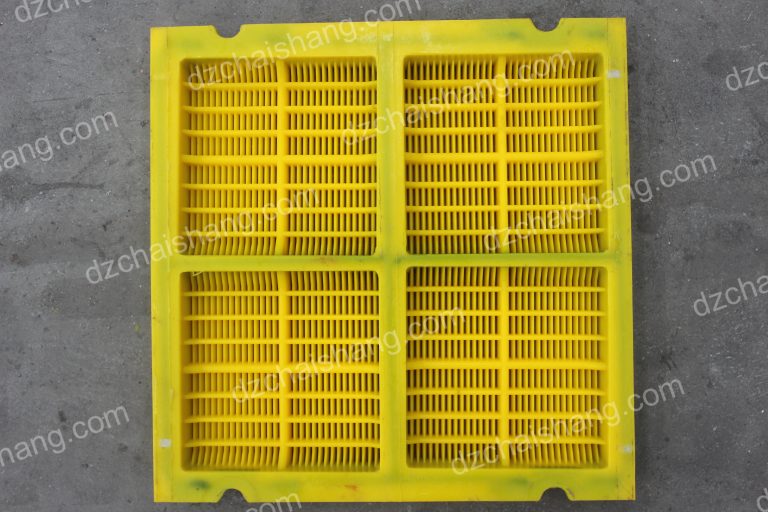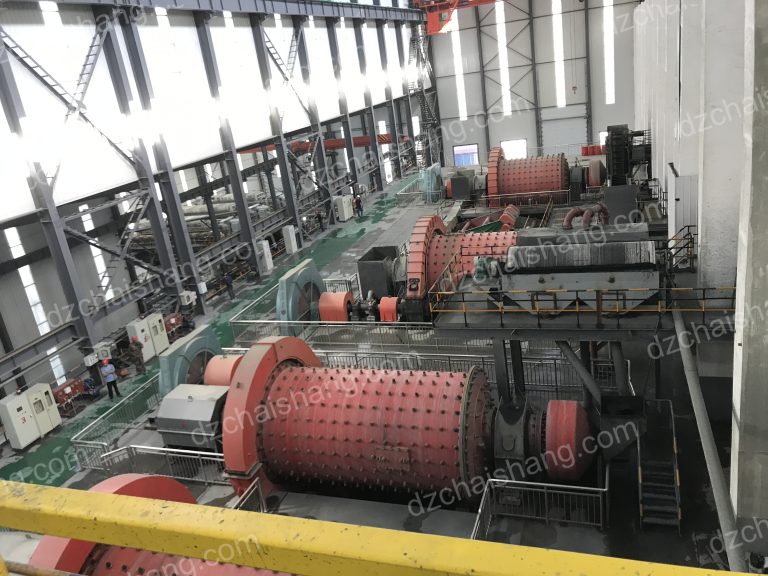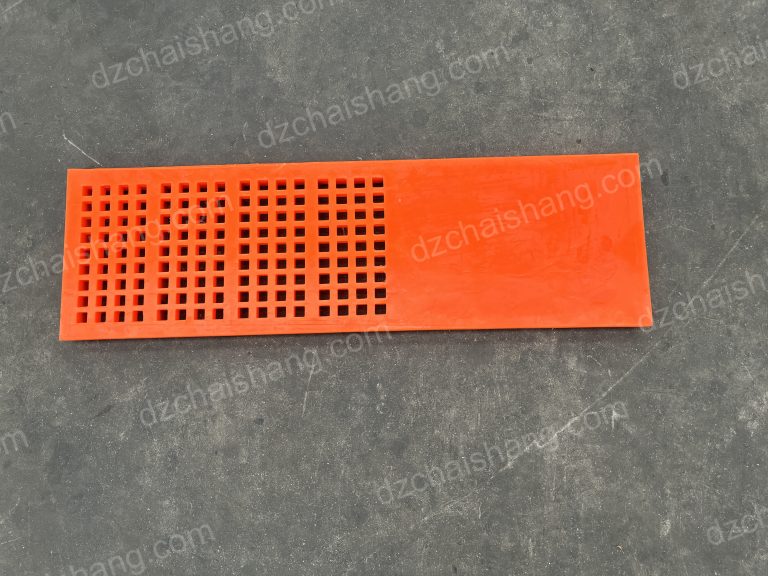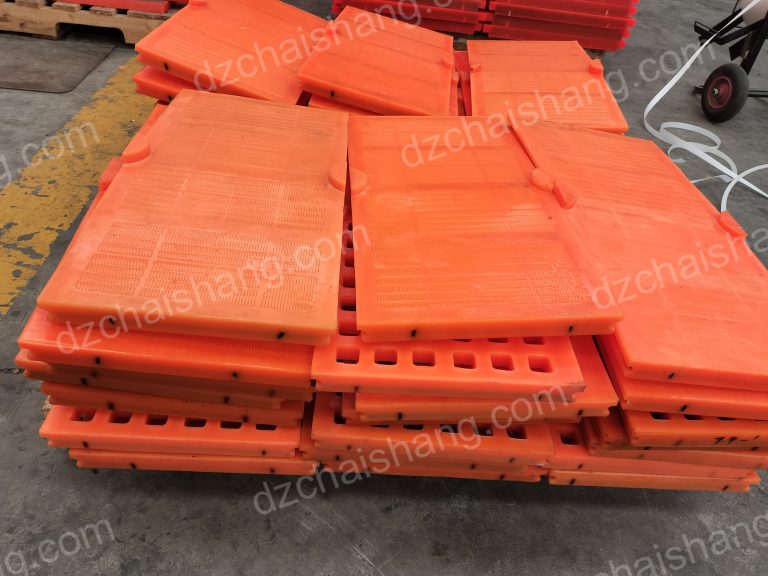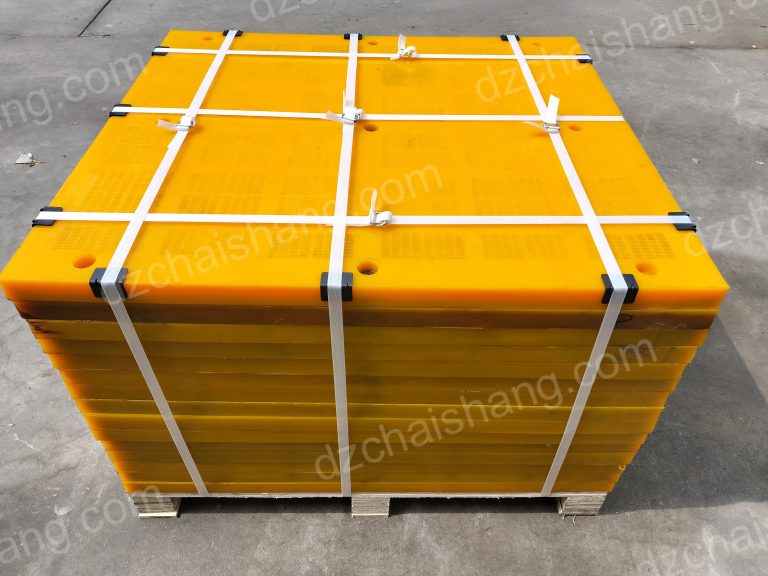Top Applications of Rubber Screen Panels in Aggregate Screening
Understanding rubber screen panels
Rubber screen panels have become an essential component in the aggregate screening process. These panels are designed to provide efficient separation of materials while minimizing wear and tear on equipment. Unlike traditional metal screens, rubber panels are more flexible and can withstand the harsh conditions often found in quarrying and mining operations. The durability of rubber screen panels allows them to handle heavy loads and abrasive materials without breaking down quickly. This resilience makes them a popular choice for various applications, including sand and gravel processing, crushed stone production, and recycling operations. Additionally, their ability to reduce noise levels during operation is a significant advantage in maintaining a more pleasant working environment. Another important aspect of rubber screen panels is their ability to enhance the overall efficiency of the screening process. The unique design of these panels allows for better material flow, reducing the chances of clogging or blinding. This leads to higher throughput rates and improved separation quality, ultimately resulting in a more effective and economical operation.
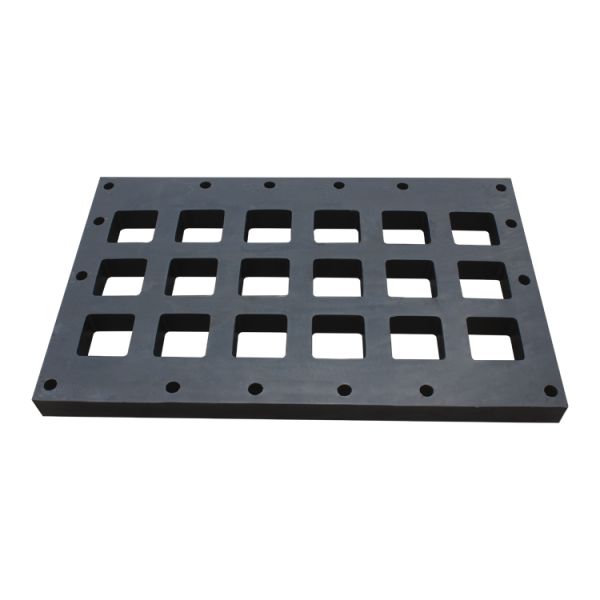
Advantages of Using Rubber Screen Panels
One of the primary advantages of rubber screen panels is their lightweight nature. Compared to metal alternatives, rubber panels are easier to install and replace, which can significantly reduce downtime during maintenance. This ease of handling is particularly beneficial in large-scale operations where quick adjustments are essential for maintaining productivity. Rubber screen panels also offer superior impact resistance. When subjected to high-energy impacts from large rocks or other materials, these panels can absorb the shock without fracturing. This feature not only extends the life of the screens but also minimizes the risk of damage to other equipment, making it a cost-effective solution in the long run. Moreover, rubber screen panels can be customized to fit specific screening needs. Manufacturers can create panels with different thicknesses, hole sizes, and surface textures to optimize performance for various materials. This level of customization ensures that operators can achieve the desired results, whether they are dealing with coarse aggregates or finer materials.
Applications in Aggregate Screening
In the world of aggregate screening, rubber screen panels are utilized across a range of applications. They are commonly found in vibrating screens, where their flexibility and durability allow for effective separation of materials. This adaptability ensures that operators can efficiently sort different aggregate sizes, improving overall productivity. Additionally, rubber screen panels are widely used in the recycling industry. Their ability to handle a variety of materials, including plastics and metals, makes them ideal for sorting mixed waste. By implementing rubber panels in their processes, recycling facilities can enhance the quality of the recovered materials, thus contributing to a more sustainable approach to waste management. Finally, the use of rubber screen panels in asphalt plants is gaining popularity. These panels can withstand high temperatures and abrasive materials, making them suitable for screening asphalt aggregates. By ensuring consistent material quality, rubber screen panels play a crucial role in the production of high-quality asphalt mixes that meet industry standards.
